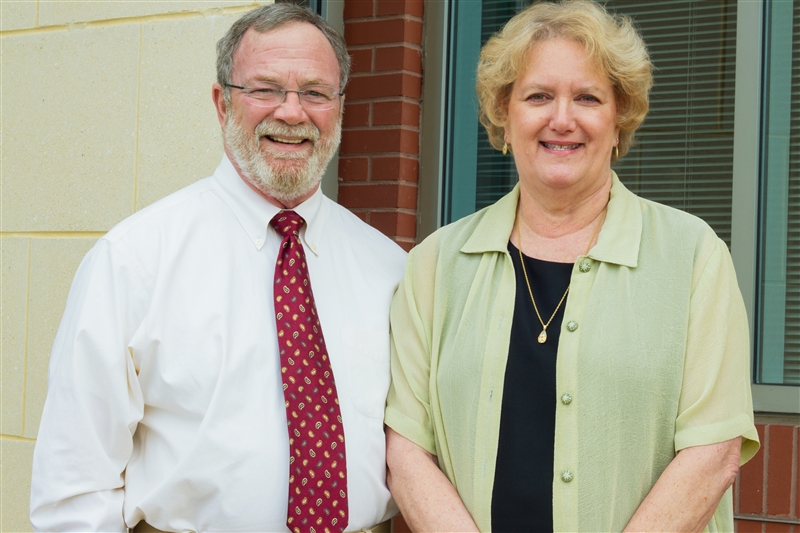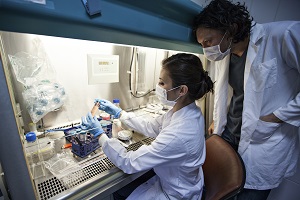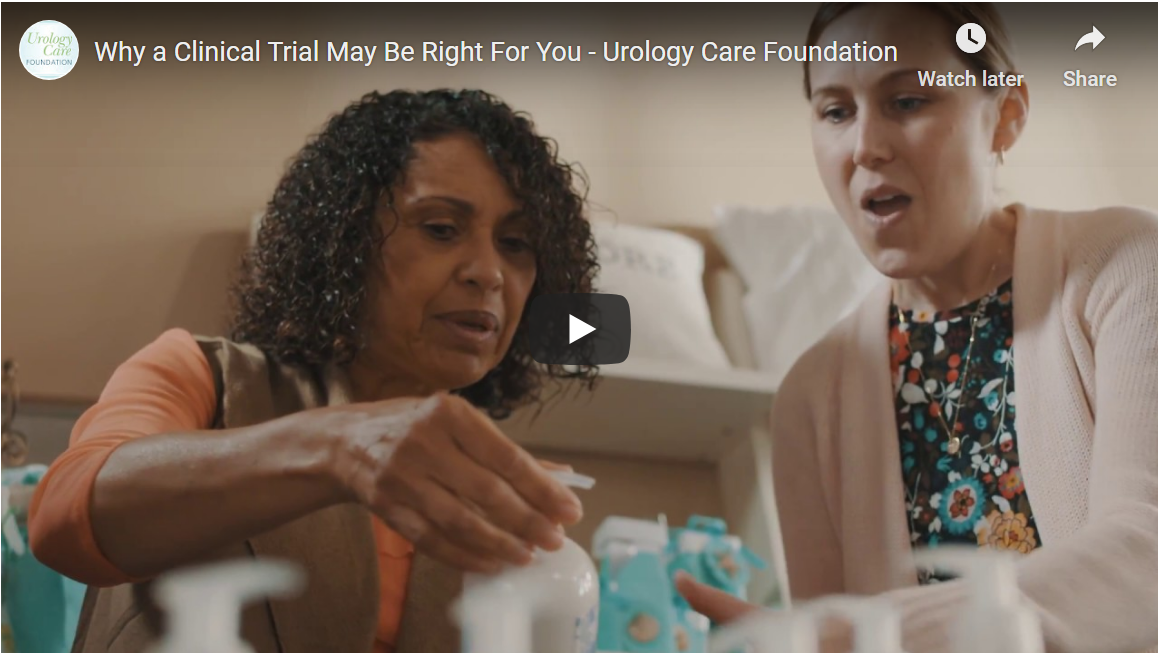
Leo Giambarresi, PhD is a kidney cancer survivor and was the former Director of the American Urological Association's (AUA) Office of Research. Dr. Giambarresi received shocking and unexpected news in 2013 when he learned he had kidney cancer.
"The experience was frightening," Dr. Giambarresi says, describing how the diagnosis affected him and his wife. "A host of things raced through our minds: we were worried about our children." He wondered: "Would I be there to walk [my daughter] down the aisle? Would my son or my daughter's children ever meet their grandfather?" He also worried for the future he planned with his wife; he said they "had always intended on growing older together, traveling and enjoying grandchildren."
The Urology Care Foundation - Part of the Solution
Dr. Giambarresi says, "The Foundation was the first place my wife and I turned to seek out patient education information and materials. We found them to be useful. We were able to look up all kinds of information about my diseases, and that empowered us and allowed us to have more meaningful discussions with the surgeon about the different treatment options available to me."
Dr. Giambarresi valued the importance of having a research perspective and urologic background when choosing his doctor. "Interestingly, my surgeon, Dr. Mohamed Allaf of John's Hopkins Hospital, was actually funded by the Urology Care Foundation through its Research Scholars Program. Physicians need exposure to training in research early in their careers. This early experience can enhance the ability of physicians to be aware of the importance of research in helping their patients and be able to translate research discoveries into practical use for them. However, research is hard to do right and requires rigorous and expert training and mentoring."
"That's why the Foundation's support for research training is so critically important," Dr. Giambarresi emphasizes.
The Result
With early detection, Dr. Giambarresi's cancer was treatable. Since the time of his diagnosis and treatment, Dr. Giambarresi has experienced many happy milestones. He was able to walk his daughter down the aisle and to see the joy that marriage has brought to her life. He has also experienced the birth of his first grandson to his son and daughter-in-law. In addition, he has retired and is enjoying traveling with his wife, just like they planned.
After his struggle, Dr. Giambarresi and his family are grateful for these special moments together.
Explore Further
For Researchers
Mentored research training awards for young investigators.
Why a Clinical Trial Might Be Right for You
Learn how a clinical trial may be a good option for you with this informative video.




